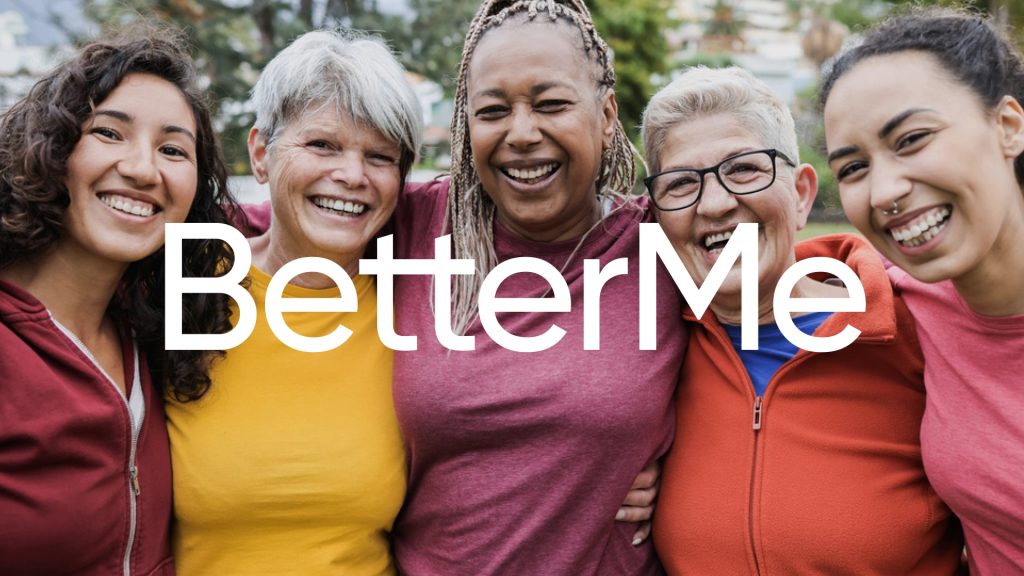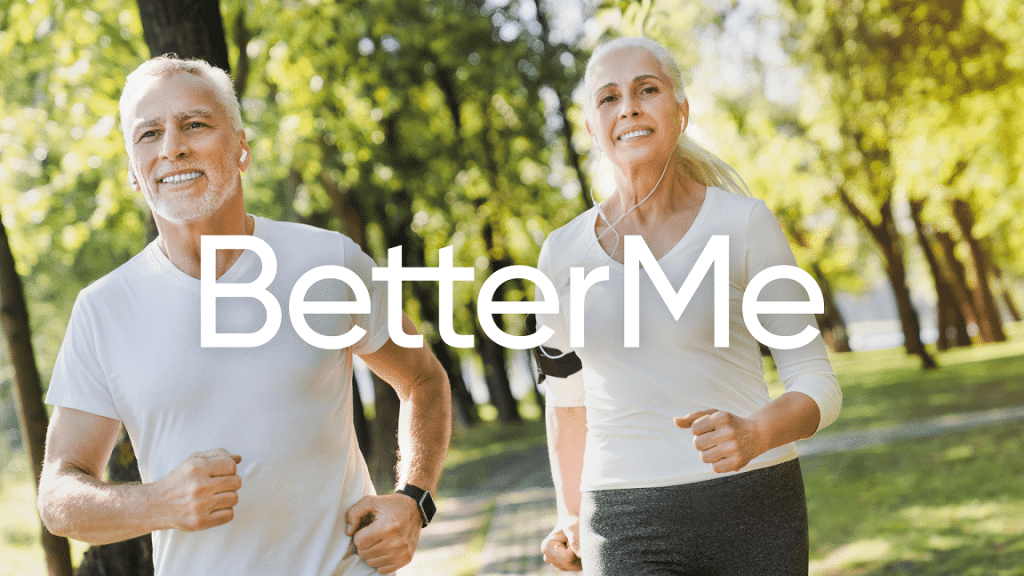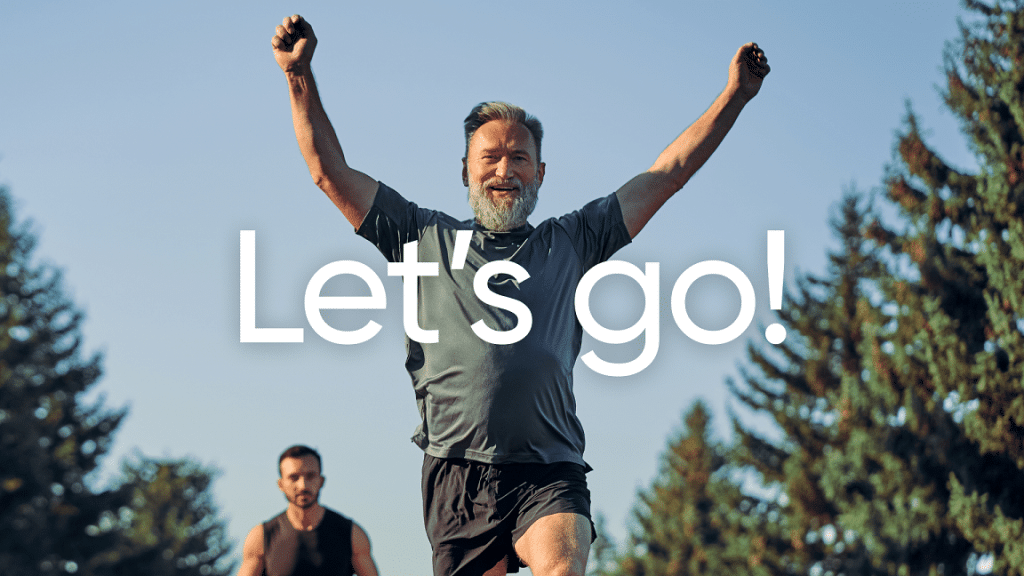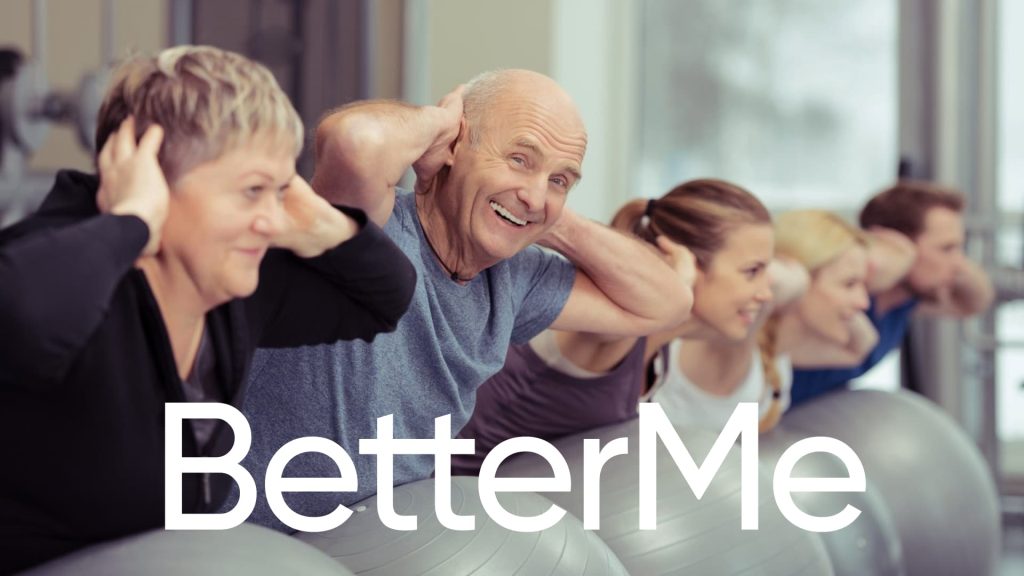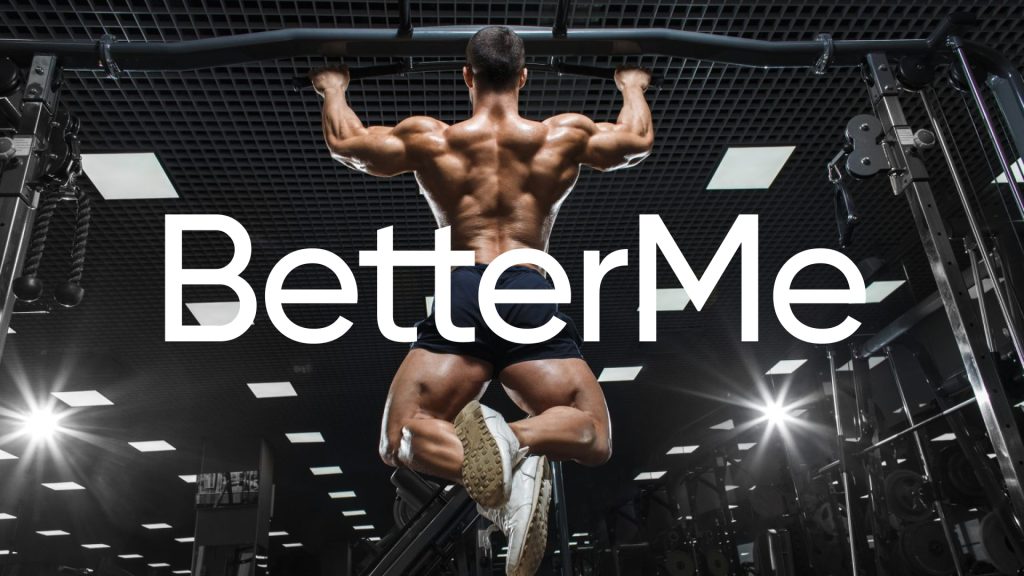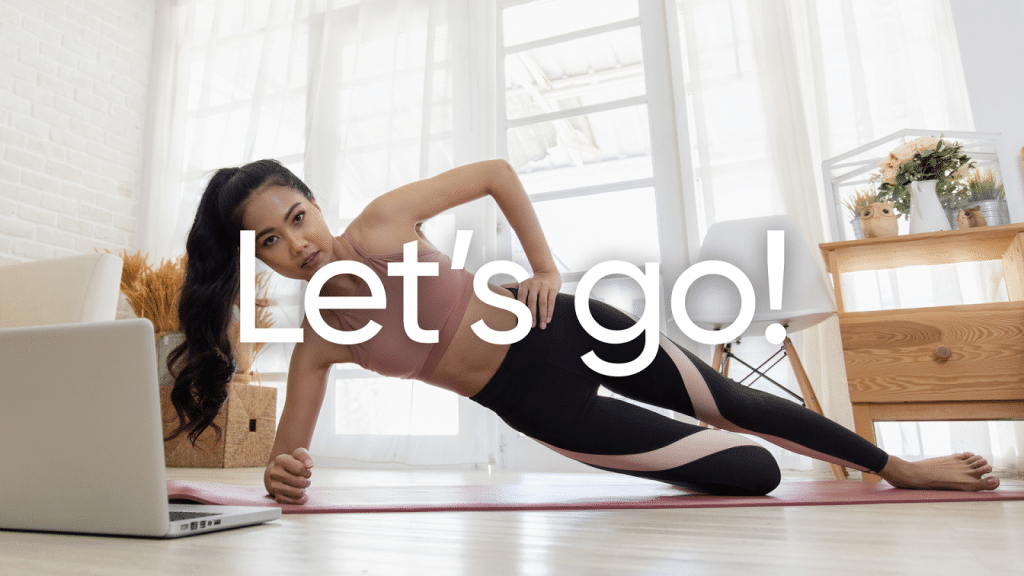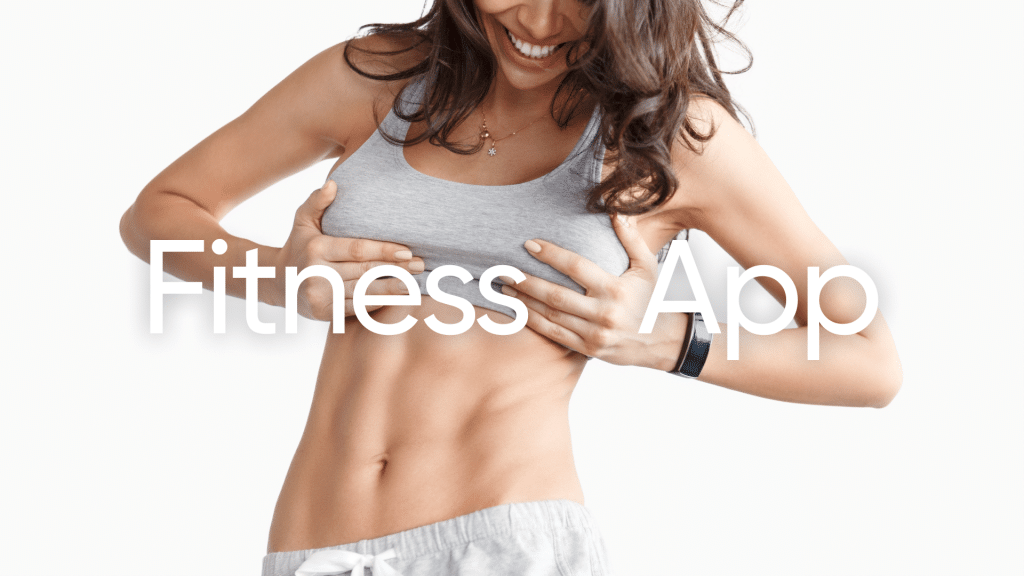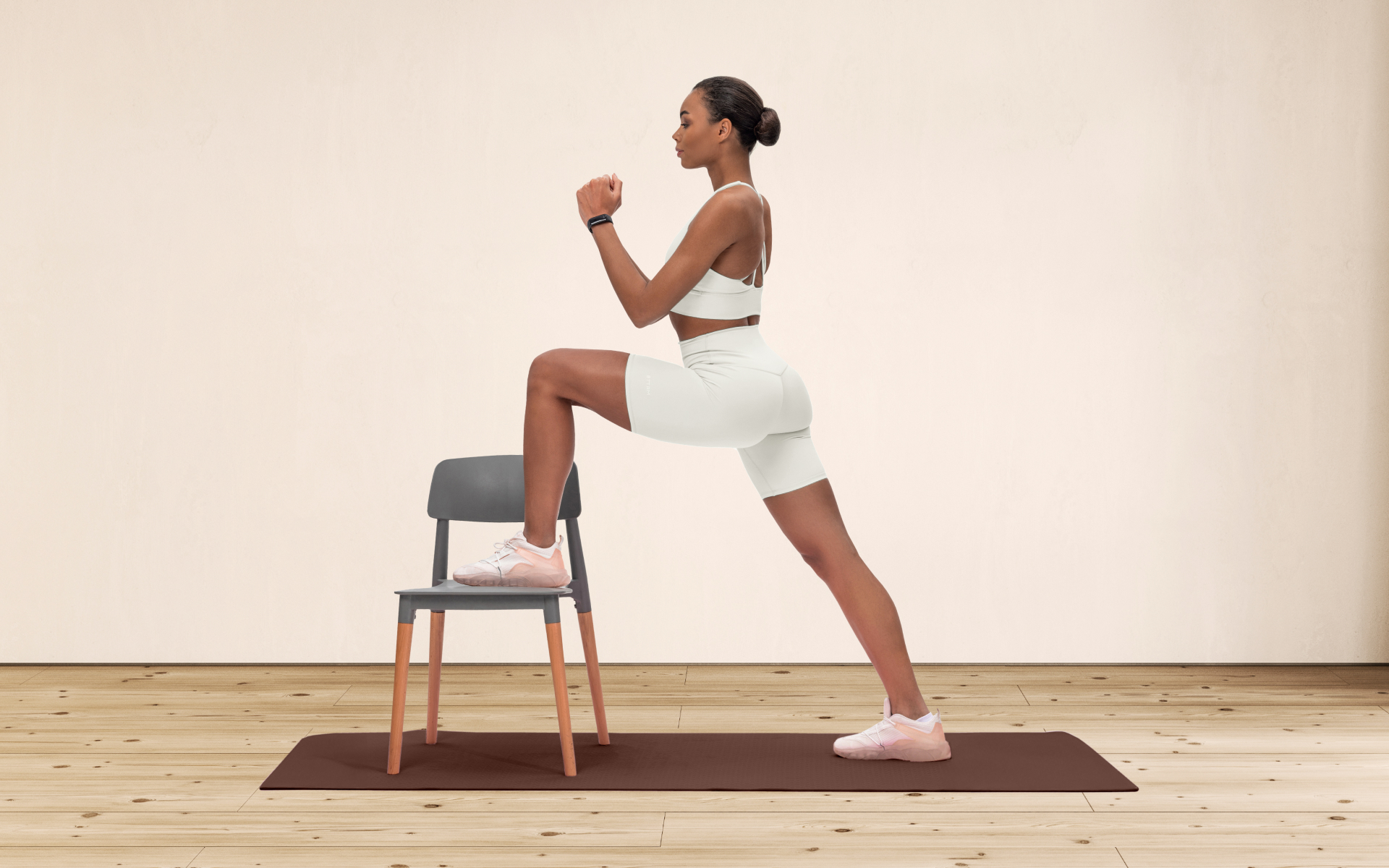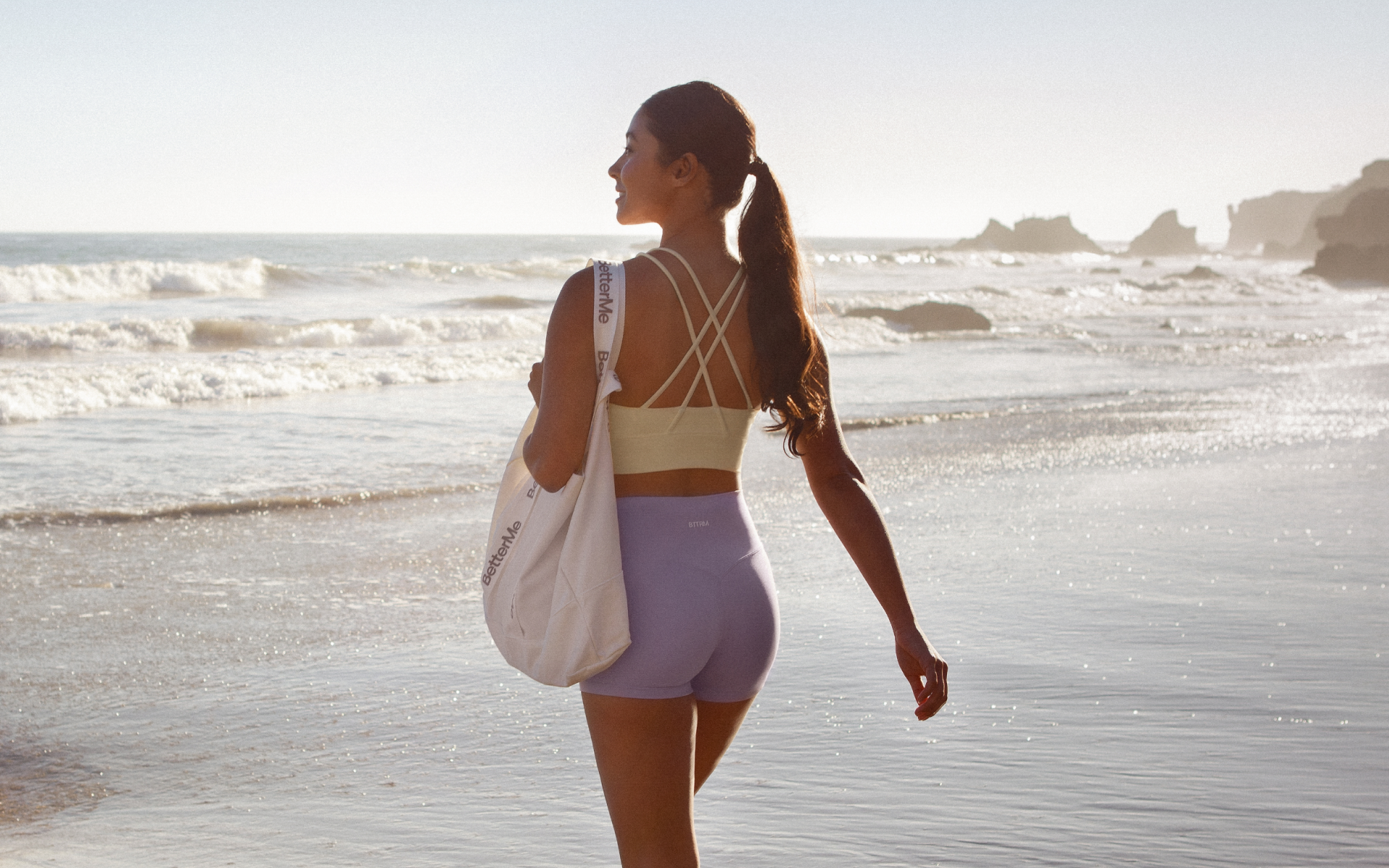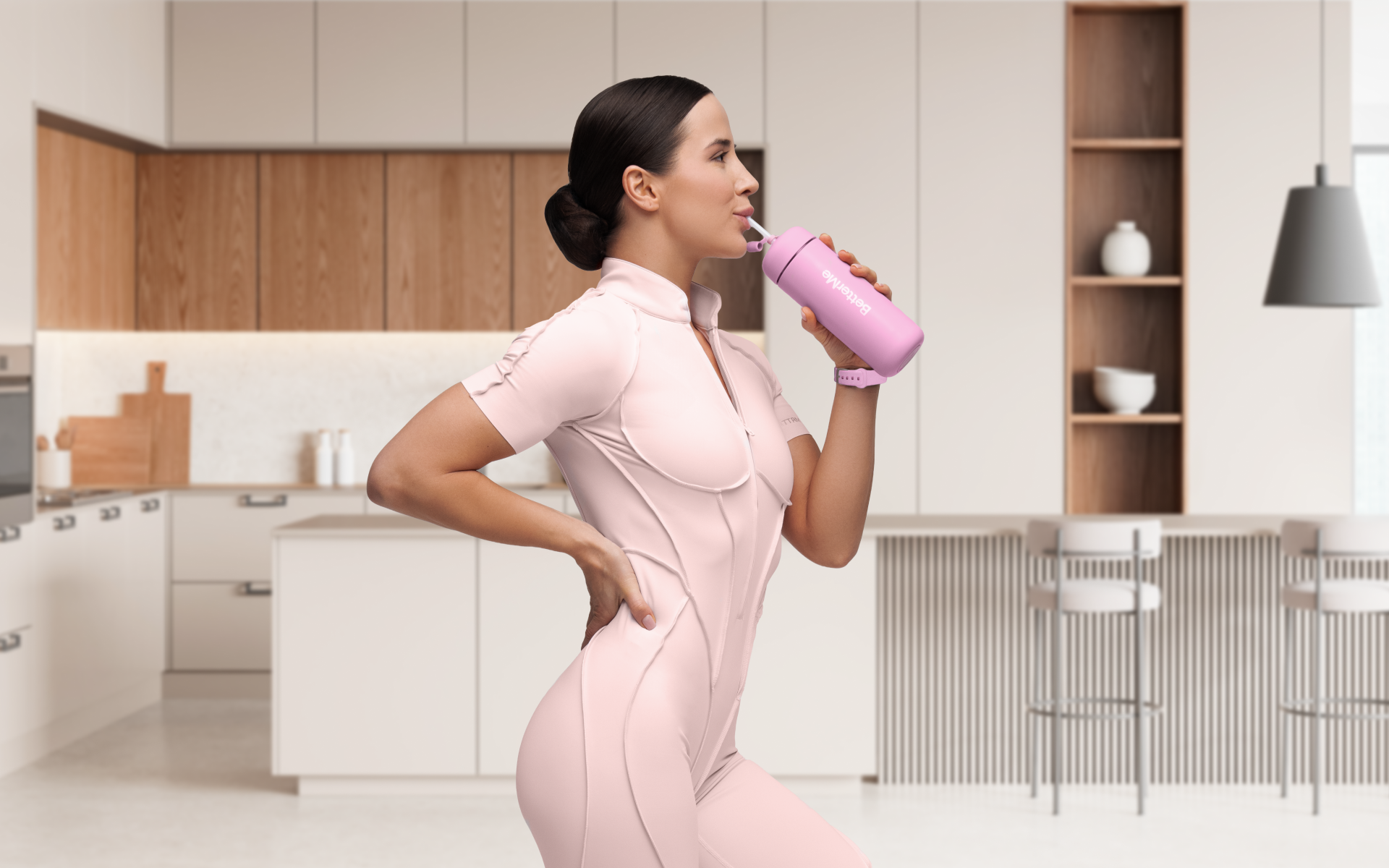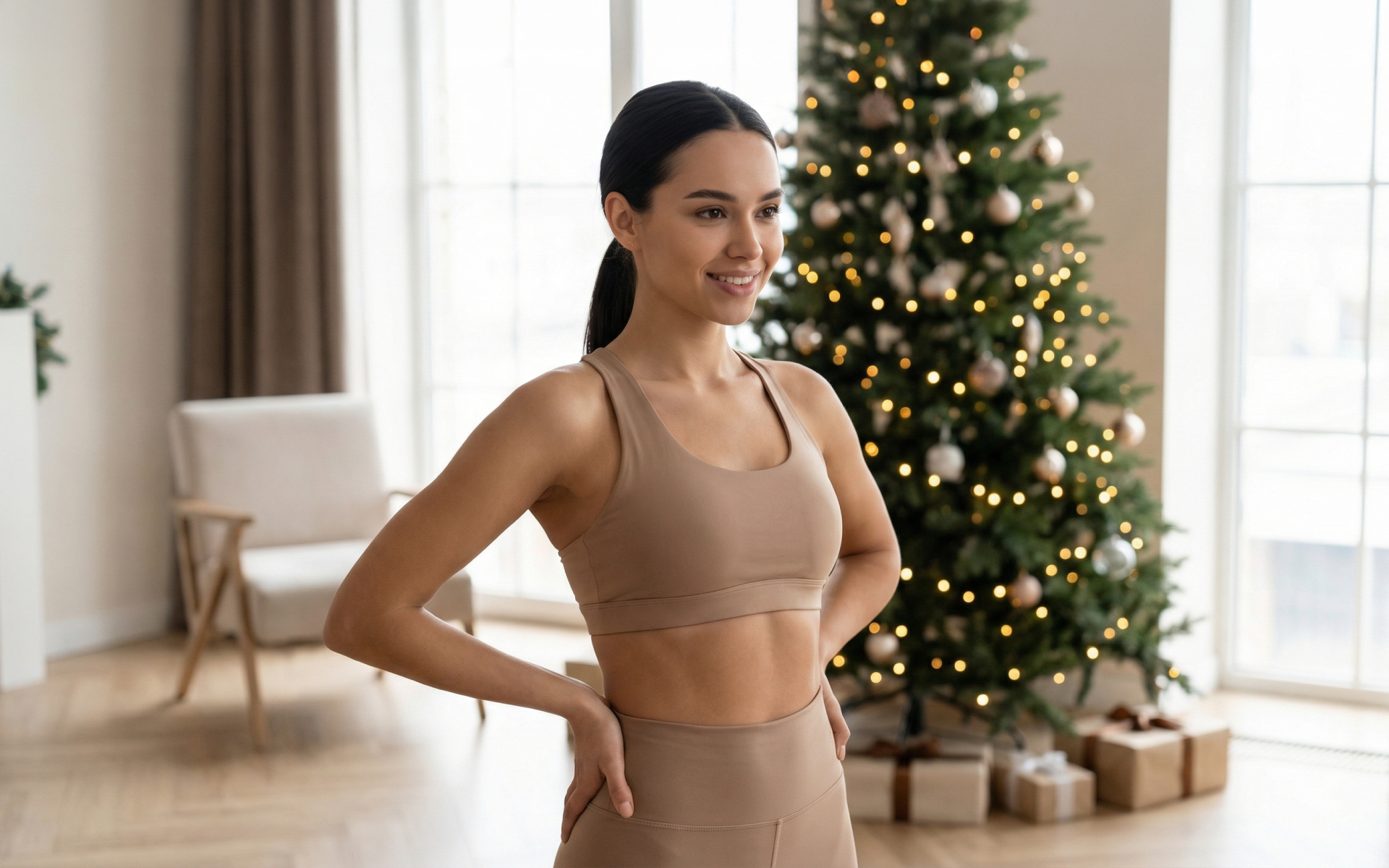The older you get, the harder it is to do things that you were able to while you were young. Everything gets better with age apart from your body. As you grow older, you experience a drop in the levels of certain hormones, age-related conditions like arthritis are likely to catch up with you, and you may also experience age-related muscle loss. In this article, we shall look at gaining muscle after 50 years. Is it possible? Is it safe? Let’s find out!
Get your personalized
meal plan!
Understanding Your Muscles As You Age
When a person gets to 40 years, they start to lose muscles due to a condition called sarcopenia (1). Sarcopenia is age-related muscle loss, which is a normal process but is contributed by factors like lack of strength training and inactive life. Remember that at 50 and above, you are probably at the peak of your career. You spend most of the day seated at your desk working. When you get home, you are usually too tired to even think of going to the gym. People lose muscles as they age simply because they are not doing anything to stop it(1). After the age of 40, people roughly lose 10 pounds every decade, and the only way to stop this is by doing something and what most experts recommend is resistance training (1).
How To Gain Muscle Mass After 50?
A study to determine the “Influence of Resistance Exercise on Lean Body Mass in Aging Adults” showed that people over 50 years old can still gain muscles and the way to do it is through resistance training (3). The study included people over the age of 50 years and was influential in proving that strength training is an effective method of dealing with sarcopenia.
When going for strength training at the age of 50 and above, you need to remember that you are not young anymore and can’t be reckless while working out. Before you start strength training, you first need to consult a health expert, so they can tell you if your body will be able to handle the various exercises or if it will cause more harm than good (2).
After getting clearance from a certified health practitioner, you need to start small as you ease your way into the various workouts (2). Don’t try to do so many reps in the first few weeks, and just do as much as your body can. At this age, it is important to listen to your body because a small mistake can keep you from working out for a long period; this is not something you want as this can crush your dreams of gaining muscle mass at the age of 50.
You should also warm-up before working out (2). Warming up reduces the chances of getting injured, which is something you want at this age. Another thing that prevents or reduces the risk of getting injured is doing the exercises in the correct form. You should always make sure you do the exercises correctly, and if you don’t know how to do them, there is no shame in asking for help from the gym instructor.
Read More: Lose Belly Weight After 50: Fitness And Nutrition Tips To Get A Flat Stomach
Resistance Training At 50 And Over
When doing strength training at the age of 50 and above, it is advisable to start with bodyweight exercises. Bodyweight workouts don’t exert so much pressure on your body, and hence you are less likely to get injured. The best part about bodyweight exercises is the fact that they don’t require any equipment, which means you can just do them at home. Since your body acts as the resistance in bodyweight workouts, there is room for progression. As you grow stronger, the resistance, which so happens to be your body, also gets heavier. When you feel comfortable and ready, you can then go for exercises that involve different weights like dumbbells and barbel bars as you work your way up.
Gaining Muscle Mass After 50
As we have discussed earlier, the most effective way of gaining decent muscle mass after the age of 50 is through resistance training. With that said, this section highlights different strength training exercises that will help you regain your muscles at the age of 50. Some exercises are bodyweight workouts, while others involve simple equipment like dumbbells, resistance bands, and barbell bars.
-
Squats
Squats are among the crucial exercises needed for building mass. They are a compound workout which means they work multiple muscles simultaneously.
How to do a Squat (4)?
- Stand facing forward with your chest up.
- Place your feet shoulder-width apart or slightly wider. Extend your hands straight out in front of you to help keep your balance. You can also hold your hands at chest level or place them behind your head.
- Bend at your knees and hips, sticking your butt out like you’re sitting into an imaginary chair. Keep your chest lifted and your spine neutral, and do not let your lower back round.
- Squat down as low as you can, keeping your head and chest lifted. Keep your knees over your ankles and press your weight back into your heels.
- Keep your body tight, and push through your heels to bring yourself back to the starting position. This is one rep.
-
Deadlifts
Deadlifts mostly work to strengthen your core, to improve your core’s stability and to improve your posture. They mainly engage the lower back muscles and various leg muscles.
How to perform Deadlifts (4)?
- First, stand with your feet shoulder-width apart. While bending your knees, reach down and grab your dumbbells or barbell, whichever you are using.
- Keep the dumbbell or barbell lifted with your hands slightly closer together than shoulder-width. This is your original starting position.
- The next thing to do is raise the dumbbells or barbell slowly until they get to the hip level and then bring them back to your shin.
- Do 10 to 12 reps and rest for 30 to 60 seconds between each set. Do up to three sets of this.
-
Lateral Pulldown
The lateral pulldown is responsible for working the largest muscle in your back which is the latissimus dorsi, but that is not the only muscle it works. It also works the biceps, traps and the rhomboids.
How to do a Lateral Pulldown?
- Anchor the middle of the band overhead; you should use a strong object like a door frame to hold it firmly.
- Reach for the band and grab each one of its ends with each hand. Make sure your hands are wide apart.
- Squeeze the muscles on the sides of your back and pull the band toward your chest. Your elbows will bend with this movement. Stop when your hands reach or are close enough to your shoulders.
- Hold this position for a few seconds and then relax.
- You should do three sets of ten repetitions of this exercise.
-
Resistance Band Seated Row
How to do a Resistance Band Seated Row?
- Start by sitting down on the floor with your legs extended in front of you.
- Wrap a therapy resistance band underneath the curves of your feet. You should keep your back upright, chest out, and shoulders rolled back.
- Flex your elbows and draw them back, squeeze your scapulas, and do not lean back.
- Slowly, extend your hands and bring them back to the original position.
- You should do three sets of fifteen repetitions.
If you tend to let yourself off the hook, raise the white flag when things get tougher than you expected, send yourself on an unconscious binge-eating trip – BetterMe app is here to help you leave all of these sabotaging habits in the past!
-
Glute Bridge
The glute bridge will help strengthen your back and help deal with back pains.
How to do a Glute Bridge?
- Start by lying on a floor on your back. Then bend your knees while keeping your legs flat on the floor. Then place your hands by your sides with your palms facing down.
- Lift your hips off the ground until your knees, hips and shoulders form a straight line. Squeeze those glutes hard and keep your abs drawn in so you don’t overextend your back during the exercise.
- Hold your bridged position for a couple of seconds before easing back down.
-
Overhead Press
The overhead press or the shoulder press as it is also called, works the pectorals, deltoids, triceps, and the trapezius.
How to do an Overhead Press (4)?
- Start by picking up the barbell and hold it so that your palms are facing in front. Your arms should be shoulder-width apart.
- Slightly bend your knees and place your barbell near your collarbone. Lift the barbell so that it is lying on your chest, and make sure your feet are shoulder-width apart. Now raise the barbell to your shoulder level and hold it there. It should be right in front yet still above your head. This is your original starting position.
- From the original position, lower the barbell to your collarbone slowly. Do this as you breathe out.
- Raise the barbell back to the original starting position to make one repetition.
-
Bench Press
The bench press helps improve your upper body strength.
How to do a Bench Press?
- You start by lying flat on a bench.
- Using a medium-width grip, lift the bar from the rack and hold it straight over you with your arms locked.
- From that position, lower the bar slowly until it slightly touches your pecs. Hold this position for a while.
- Then gently push up the bar to the original starting position as you breathe out.
One of the most common workouts. The push-works your pectorals, deltoids, triceps and abdominals.
How to do a Push-up (4)?
- Start in a plank position, with palms spread out evenly and your shoulders over your wrists and legs out behind you. Pull your belly button in, and keep your back straight.
- As you lower and exhale, bend your elbows outward to the sides. Hold at the bottom before you raise back up to complete one rep.
Read More: How Many Push-Ups Should I Do To Get My Body In Tip Top Shape?
-
Pull-Up
Pull-ups mostly work your biceps.
How to do a Pull-up (4)?
- You start by standing upright with your arms fully extended while holding a pull-up bar.
- With your knees bent, pull yourself up until your chin touches the bar.
- Return to the original position and repeat as many times as you can.
-
Sit-Up
Sit ups work the rectus abdominis, internal and external obliques.
How to do a Sit Up?
- Lie on the ground on your back with a slight bend in your knees and arms bent at the elbows and hands lightly touching your head by the ears.
- Engage your core and lift your upper body so your right elbow touches your left knee.
- Return to the starting position then lift your upper body so your left elbow touches your right knee.
- Return to the original position.
-
Bulgarian Split Squat
Responsible for working the quads, hamstrings, glutes, and calves.
How to do a Bulgarian Split Squat?
- Start by grabbing a pair of dumbbells. Then take your left foot and place it on an elevated surface. It can be a bench, box or whatever you have in the house. Your right leg should remain straight.
- Make sure your right foot is out far enough so that when you lower your hips, your knee stays directly over your ankle.
- Bend your right knee, squeeze your left glute, and lower your pelvis toward the ground.
- Press your right heel into the ground to straighten your right knee. This completes one repetition.
-
Dumbbell Reverse Lunge
It works many muscles but mostly concentrates on the hamstring and the glutes.
How to do a Dumbbell Reverse Lunge (4)?
- Begin by standing straight and holding a dumbbell in each hand. You can hang the weights at your sides or lift them to your shoulders; it all depends on what you prefer.
- Then take your left leg and move it a few inches back. Keep the right leg stationary.
- Then lower yourself into a lunge until both knees are bent to 90 degrees. Your left knee should be hanging just above the floor, and your right knee should be right over your right ankle.
- Hold that position for a few seconds before pushing through your right leg to go back to the original standing position.
- Repeat on the other side.
-
Plank With A Dumbbell Row
This exercise is used to strengthen your core and to increase your stability.
How to do a Plank with a Dumbbell Row?
- First, take your dumbbells and start in the plank position. Make sure your feet are hip-width apart.
- Using your core, lift one of the dumbbells of the floor. Lift it towards your rib area while making sure your elbows point upwards towards the sky.
- Then lower the weight and do the same for the opposite side.
- Continue switching between the two sides at a fast pace. While doing this, it is important to make sure your hips are still and with your legs engaged in the exercise.
- Do at least 8 reps on each side.
-
Plank
The plank usually concentrates on the core. It works and strengthens the various core muscles.
How to do a Plank?
- First, kneel on a mat.
- Then, place your elbows on the mat.
- With your legs hip-width apart, extend your right leg back, then your left leg.
- Keep your neck, back, and hips in the same line and your core engaged.
- Hold this pose for at least 30 seconds.
BetterMe app is a foolproof way to go from zero to a weight loss hero in a safe and sustainable way! What are you waiting for? Start transforming your body now!
-
Leg Press
This workout mainly works your quads.
How to do a Leg Press?
- First, start by placing your feet at shoulder-width apart on the crosspiece. Then rest your feet on the bar to create resistance. Make sure your toes are pointing forward while doing all this.
- Then push your legs until they almost extend. Try not to lock your knees.
- Gently return the weight until your knees are back to the 90-degree angle.
-
Wall Squat
It is responsible for working muscles in your lower body. It works your glutes, quads and hamstrings.
How to do a Wall Squat?
- First, start by standing with your back against a wall. You should make sure you are 12 inches or more away from the wall.
- The next step is to bend your knees while you drop to a position similar to your sitting pose. Make sure you are doing all this while your back is against the wall. Don’t remove your back from the wall.
- Go down until your hips are parallel to the ground. When you get to that position, push up through your heels back to the original position.
-
Bridge
If done in the right form, the bridge will help strengthen your butt muscles and your hamstring.
How to do a Bridge?
- Lie down on your back with your knees bent.
- Then raise your hips off the floor. Make sure your hips are aligned to your knees and shoulders.
- Hold that position for three deep breaths.
- Return to the original position and repeat the exercise.
-
Burpees
This is full body strength training exercises. It helps build strength both in your upper body and your lower body.
How to do Burpees?
- Begin by standing straight with your feet shoulder-width apart.
- Bend your knees and place your hands on the floor. Let’s call this the “frog” position for clarity.
- Jump and push both your legs back and get into a plank or push-up position.
- Hop and get back to the “frog” position.
- Jump vertically and extend your hands above your head.
- Land softly on the floor.
- Get into the frog position again, then go back to the plank position.
-
Pull-Apart
To do a pull-apart, you need to have a resistance band and the best thing is that resistance bands are not that expensive.
How to do a Pull-apart?
- Take your resistance band and hold the ends of the resistance band with your two hands.
- Hold the band at chest level with your arms straight out in front of you.
- Spread your arms out to your sides pulling the band tighter.
- Bring your hands back into the original position.
-
Plank Side Walk
This is a full body exercise that works most of the major muscles by using the plank form and movement.
How to do a Plank Side walk?
- To do a plank side walk, you need to start by getting into the plank form. After getting into that position, make sure your hands are underneath your shoulders, and your back and hips are in a straight line.
- Then take your right hand and cross it over your left hand. You should also move your left foot to the left. These two actions should happen at the same time.
- The next thing to do is to move your left and right hand to the left. This returns you to the original plank positions. Your hands should be moving together, while your feet should be moving apart from each other.
-
Crunches
Just like any other exercise, crunches should be performed in the right. They are responsible for working the various abdominal muscles but mostly work the rectus abdominis and obliques.
How to do Crunches (4)?
- You start by sleeping down on the floor with your back. While making sure your feet stay flat on the ground, bend your knees.
- Take your hands and place them behind your head. Make sure you hold them loosely to not pull them on your neck when you move. If you hold your hands together too tightly, you increase the risk of getting injured.
- Gently raise your shoulders upwards from the floor to about a 30-degree angle.
- Hold that form for about 1 second or 2. You should feel your abdominal muscles being engaged.
- Go back to the initial starting position.
The Bottom Line
Gaining muscle after 50 is quite possible. Strength training is an effective method of dealing with sarcopenia and promoting muscle gain regardless of your age. Just a reminder, since you are older, you need to be careful when performing the various strength training exercises. If you feel any of the exercises highlighted here are difficult, you can look for an easier variation of the exercise and try that first.
Check out the 20 Minute Full Body Workout at Home below.
DISCLAIMER:
This article is intended for general informational purposes only and does not address individual circumstances. It is not a substitute for professional advice or help and should not be relied on to make decisions of any kind. Any action you take upon the information presented in this article is strictly at your own risk and responsibility!
SOURCES:
- Can You Regain Muscle Mass After Age 50? (n.d., aaptiv.com)
- How to Gain Muscle Mass After 50 (n.d., webmd.com)
- Influence of Resistance Exercise on Lean Body Mass in Aging Adults: A Meta-Analysis (2011, ncbi.nlm.nih.gov)
- The 15 Best Exercises for People Over 50 (2020, bestlifeonline.com)


